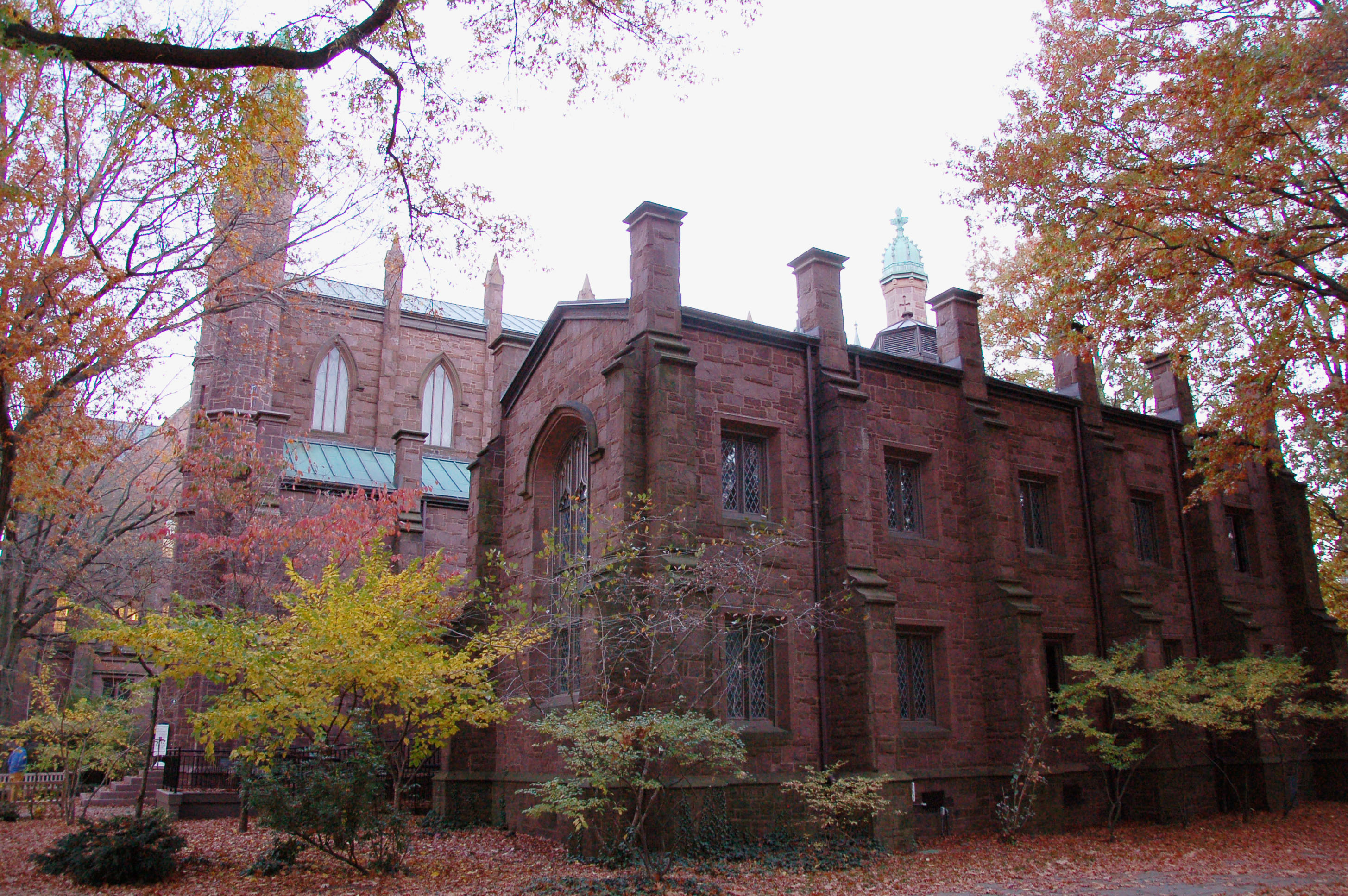
Concerns about the authenticity of competitive community service led to the indefinite suspension of a community service pilot program between residential colleges.
With the re-establishment of the Dwight Hall Outreach Fellows program in spring 2015, Dwight Hall affiliates have been working toward increasing student service in the city. To strengthen the service organization’s presence on campus, Dwight Hall appointed an outreach fellow to each residential college and launched a community service competition between the 12 colleges in October. During the competition, students completed community service hours for their college, and the college deemed to have the greatest commitment to community service as assessed by Dwight Hall would win. But Dwight Hall terminated the competition after a meeting with the Council of Masters following the competition’s launch, raised questions about the legitimacy of service when it is done competitively, said Kira Nakahara ’16, the Dwight Hall public relations coordinator.
“Engaging in service opportunities often has a really powerful effect for the individual — you can learn something about yourself, bond with teammates and most importantly, build relationships with others — all this should be based on listening and reciprocity,” Nakahara said. “We want to make sure that people enter service with those intentions, not because they have to or because they need to win a competition for their college.”
The competition was part of a larger attempt to expand community service on campus. Originally, Nakahara said, Dwight Hall wanted to establish an outreach fellow in each college, but the goal of the program shifted to making service as common as possible. Though the competition has been canceled, any service projects that were planned will continue noncompetitively.
Outreach fellows from each college work with residential college councils and other students to create unique service projects for students in that college to complete. The fellow then records information for service projects completed by the residential college, including the number of students involved, the number of hours each student participated and, if applicable, the amount of money raised, she said.
“The service competition was driven by the desire to increase the amount of service that Yalies do around campus as well as to help track service hours with all of the opportunities being offered,” Morse Outreach Fellow Jonathan Ng ’18 said.
Though the competition was discontinued, Nakahara said the outreach fellows will continue encouraging all students to serve their communities and will work with any students interested in becoming more involved in service projects. She added that outreach fellows will work with students in their colleges to develop projects like one-day fundraisers or regular tutoring programs.
Although some outreach fellows started contacting students about the competition in October, only four students out of 34 interviewed said they had heard about the competition.
Will Gersham ’18 said that increasing student participation in community service was a positive step. Several other students interviewed voiced similar support for increasing engagement even though they had not heard about the program.
Vincent Huang ’18 said he did not need a competition to incentivize him to complete community service. But he commended Dwight Hall’s effort to promote community service.
At the same time that Dwight Hall instituted the Community Service Outreach Fellows Program last March, a program was also created to link fraternities and sororities with local nonprofits. However, in the wake of allegations of racism against Sigma Alpha Epsilon, Dwight Hall suspended relations with fraternities last week through the end of the semester.
Dwight Hall was founded in 1886.







